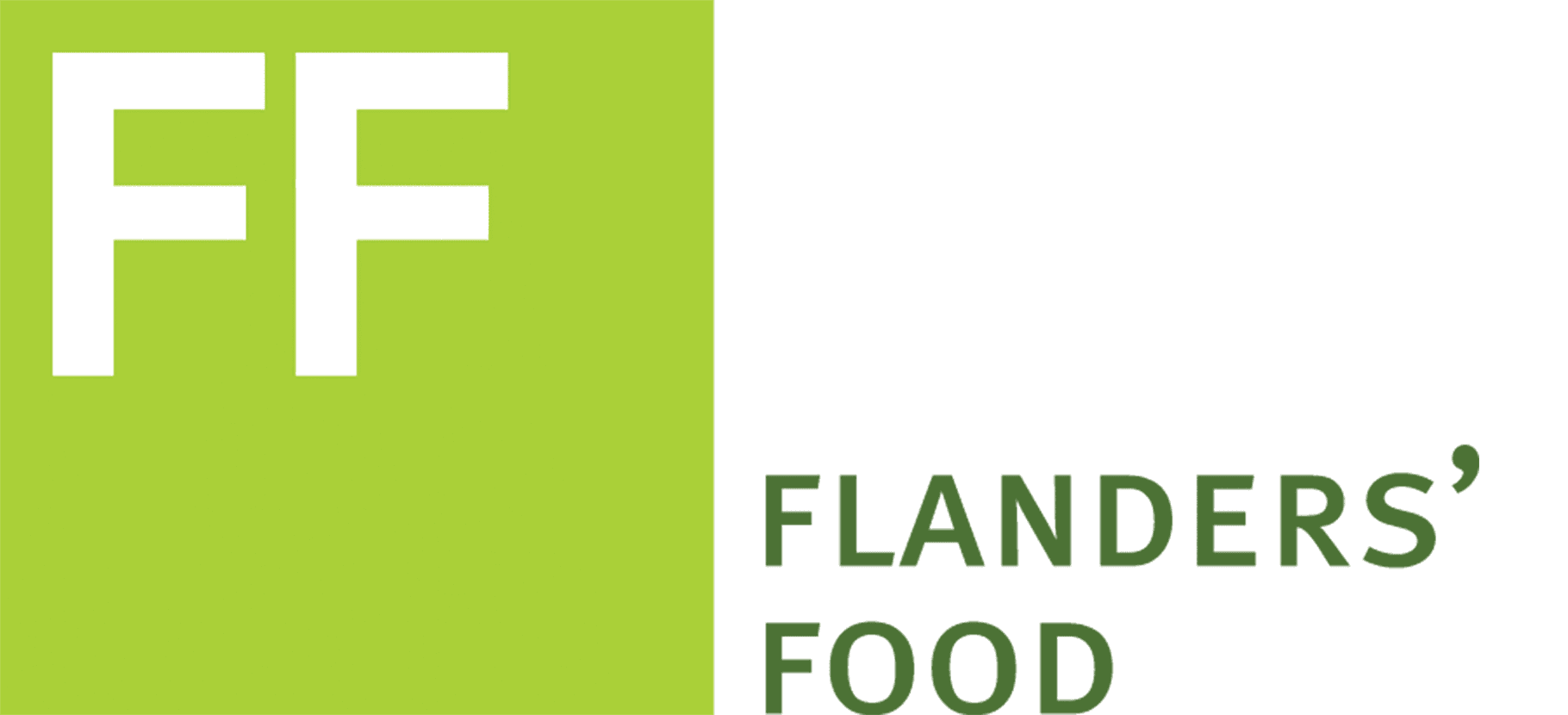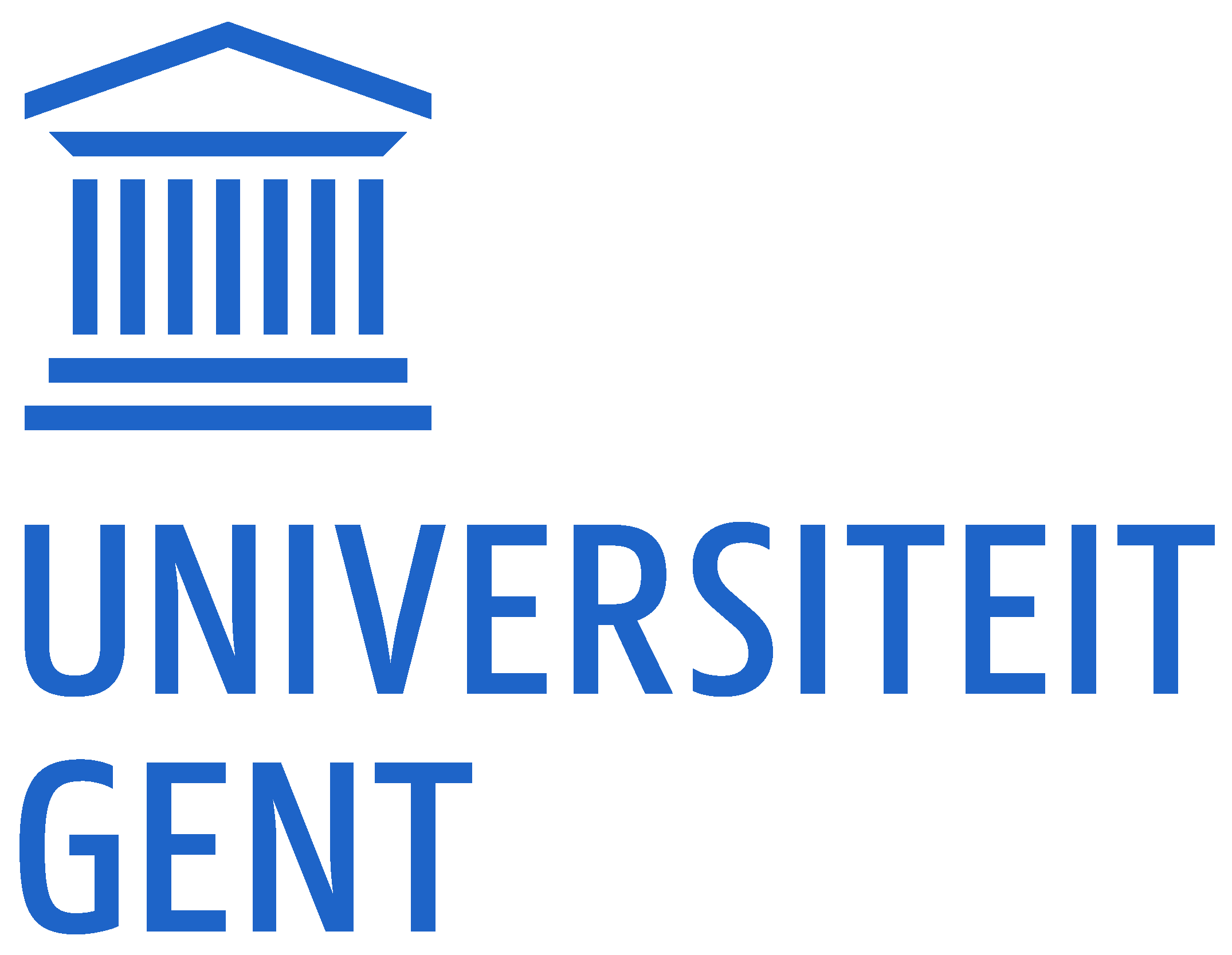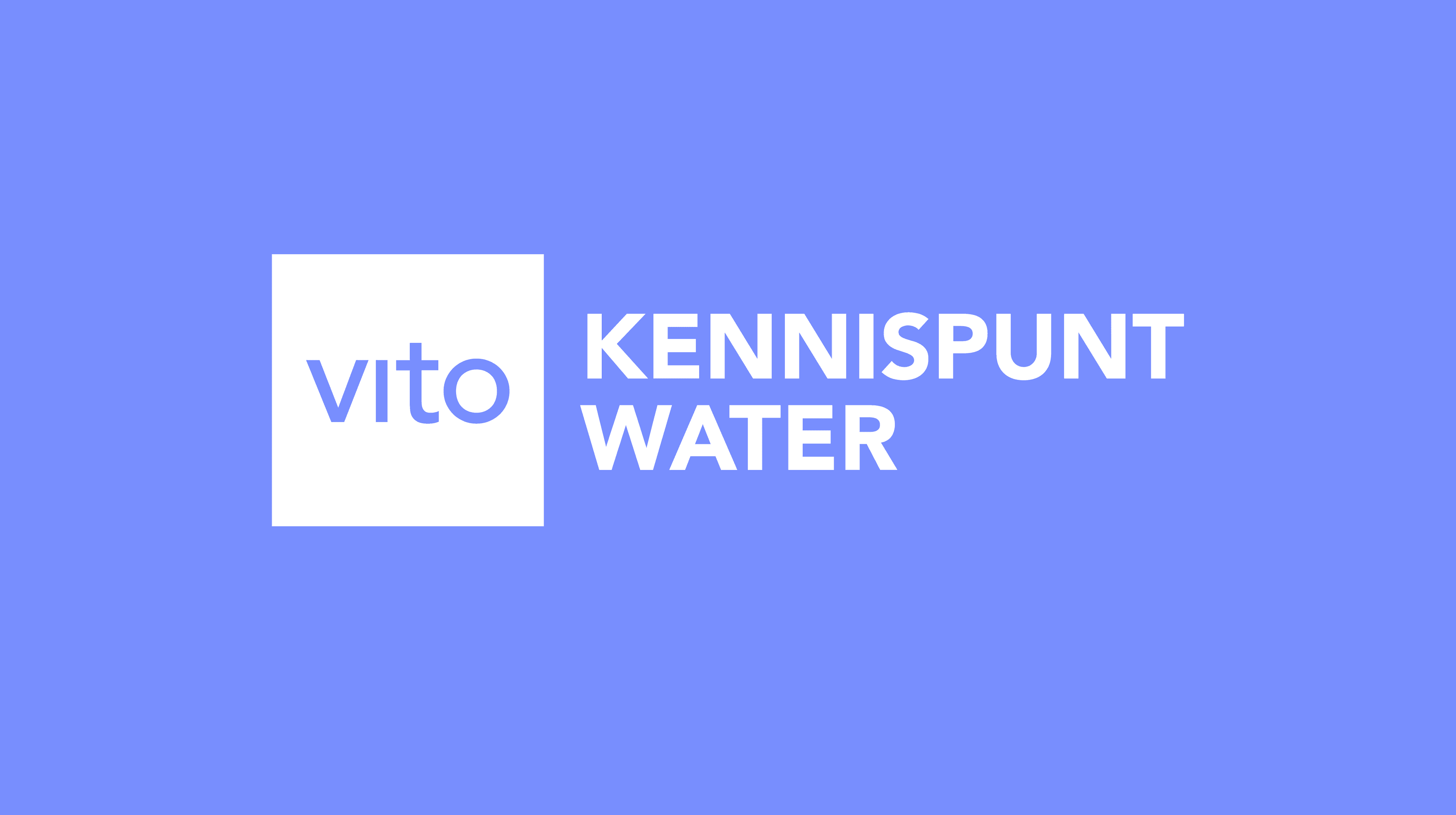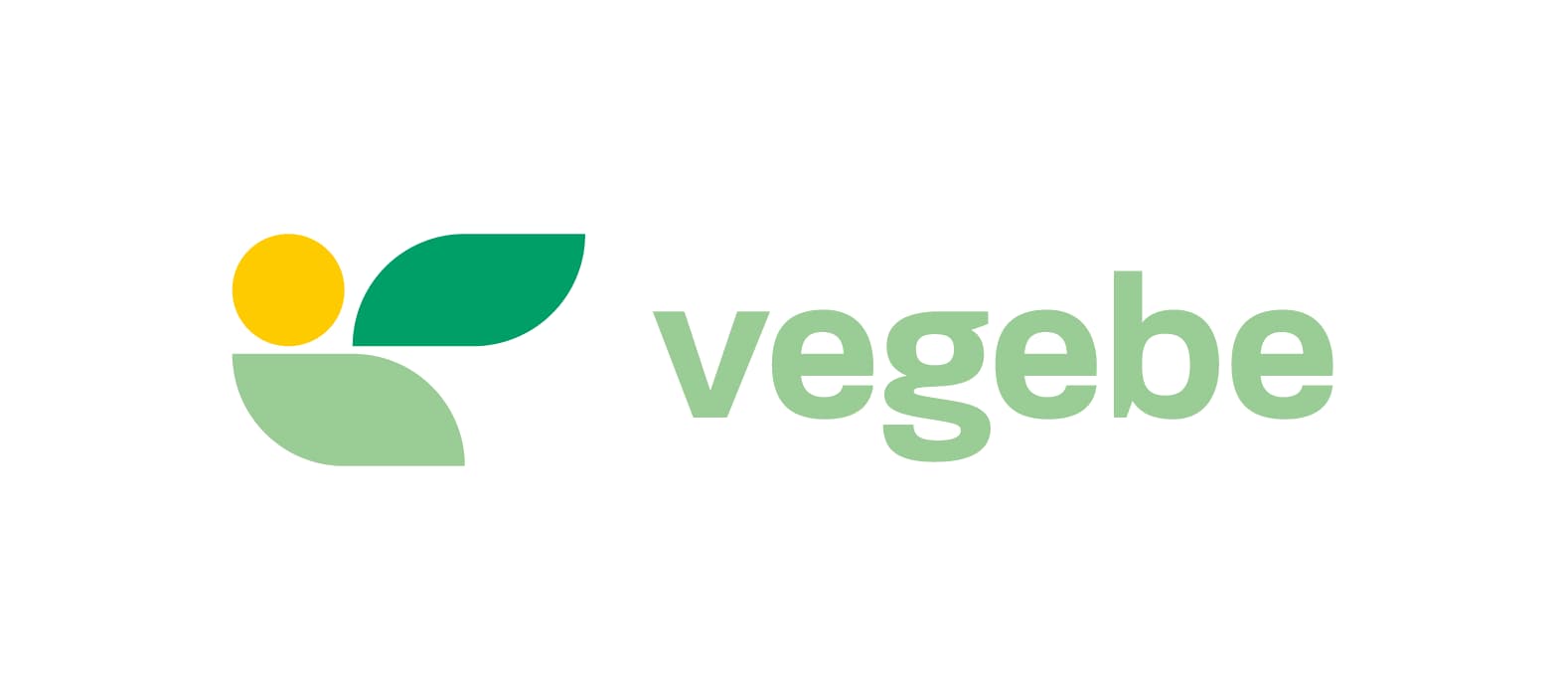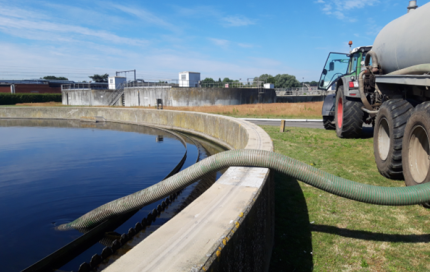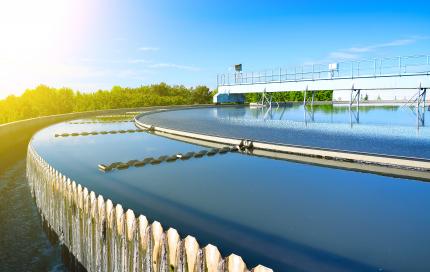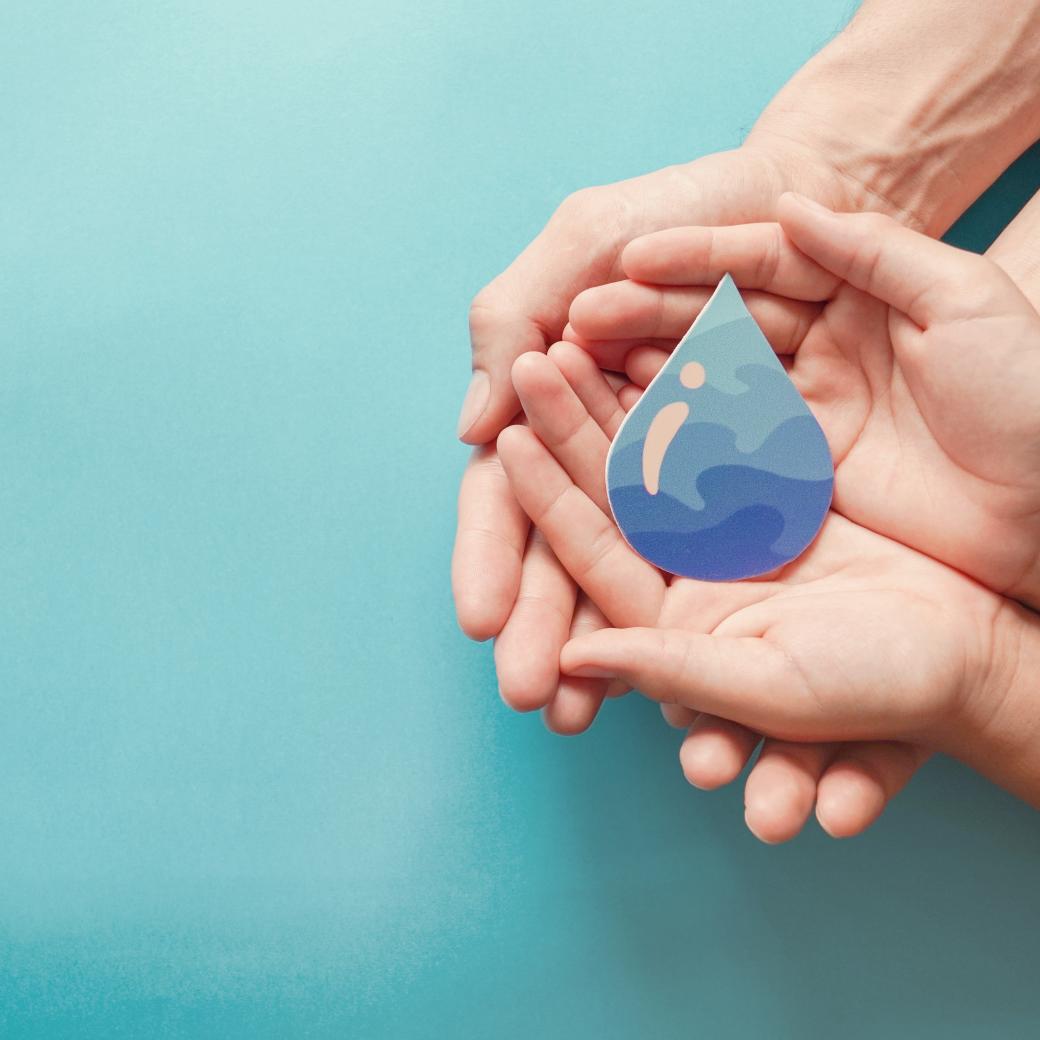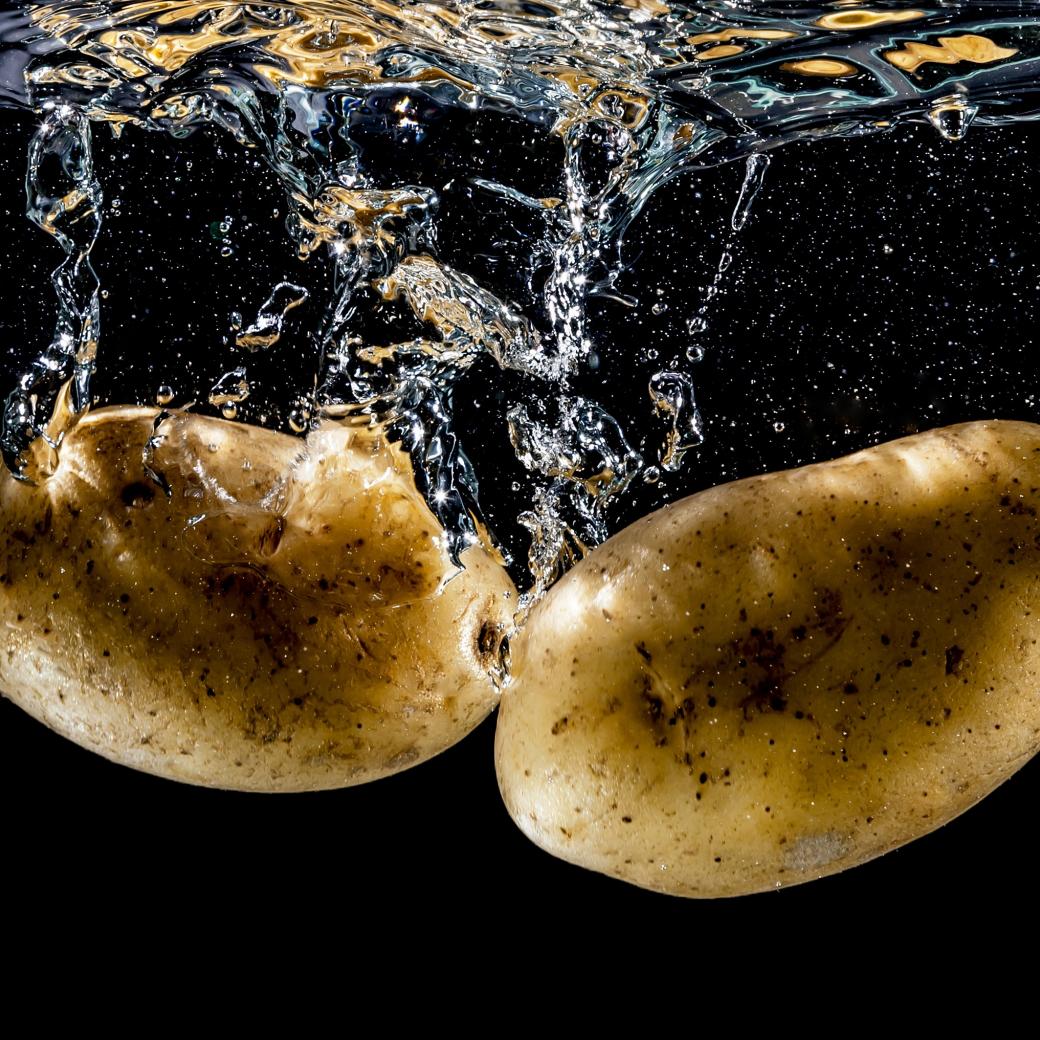Irricoli
With support of:

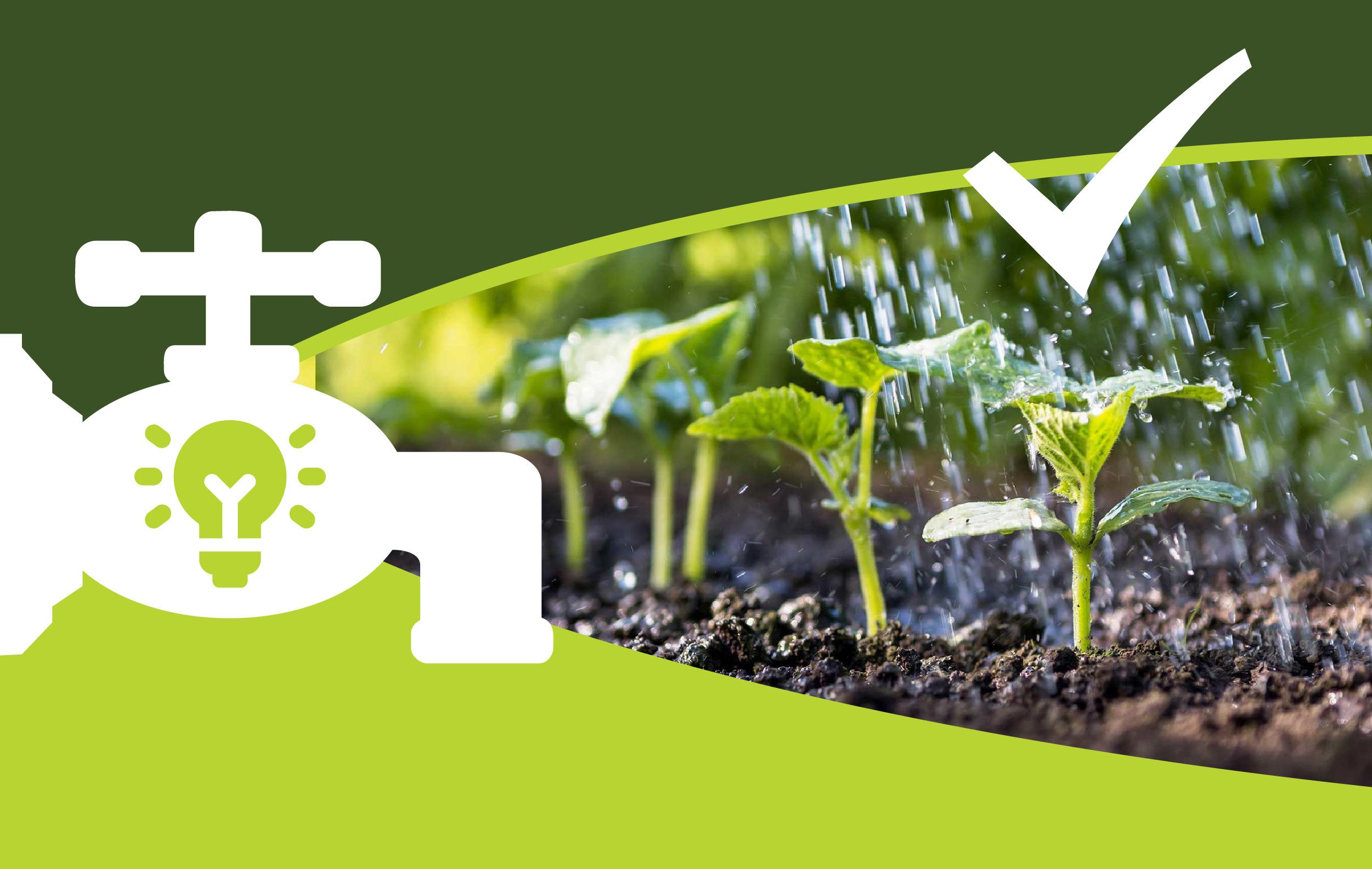
In Irricoli, the applicability of treated household wastewater as an alternative irrigation source for field vegetables is investigated, taking into account food safety and economic feasibility.
Why this project?
The availability of rain, surface or groundwater to irrigate crops during the growing season can no longer be taken for granted. During the dry spring and summer months of recent years (2017 - 2020), the use of surface water was restricted by issuing diversion/usage bans. This is to ensure the ecological carrying capacity of our streams and rivers.
For the agricultural and horticultural sector, prolonged drought is therefore synonymous with great economic damage due to a reduction in yield and a reduction in the quality of the crops. The dry periods of 2017 to 2020 were therefore recognised as agricultural disasters. The sector therefore needs alternative sources of water to be used in times of drought and a possible alternative is treated household wastewater. Aquafin has this water source available in abundance; in sufficient quantities to meet the needs of Flemish agriculture. However, the use of this alternative is not without risk to food safety. Purified household wastewater still carries a microbial load. Moreover, Flanders lacks the knowledge and infrastructure to distribute treated household wastewater to agricultural areas in a sustainable way.
Methodology and results
Irricoli is an agriculture (LA) project that aims to explore the potential of treated municipal wastewater as an alternative irrigation source for field vegetables. The focus was on food safety and economic feasibility.
In 2023, an EU regulation came into force that imposes strict requirements on the reuse of treated household wastewater for irrigation purposes, in terms of microbiology among other things.
In the project, we investigated the following issues:
- Acquiring knowledge about the microbial water quality of treated household wastewater and investigating the effect of storage on water quality. Does storage encourage germ growth or does it provide ‘natural’ disinfection?
- Mapping how the microbiological contamination on green celery, spinach and cauliflower evolves over time after irrigation with treated household wastewater.
- Developing a tool that can estimate the dimensions of a piped water distribution system between a water provider and (a coalition of) farmers.
The tool has been developed and can be found here: IRROTool – Flanders’ FOOD (flandersfood.com)
Access to the project results
More details on the project results can be obtained from imca.sampers@ugent.be or tim.de.cuypere@inagro.be.
You can read the results of the microbiological study in the article ‘Storage can reduce microbial contamination of treated municipal wastewater’ or in the next report.
Target group
The results of this project are primarily aimed at agricultural and horticultural companies with outdoor (vegetable) crops and potatoes. Project partners Boerenbond and Inagro are in close contact with growers in Flanders.
The project results are also relevant to:
-
Suppliers of treated waste water
-
Service providers and subcontractors (e.g. engineering firms)
-
Governments and civil society (e.g. translation of legislation, drafting of specifications...)
-
Vegetable processing companies (represented by Vegebe and Flanders' FOOD)
Project partners
Flanders’ FOOD managed and coordinated the project. Responsibility for the execution were:
-
Inagro (Roeselare) under the direction of Dominique Huits (dominique.huits@inagro.be) and Tim De Cuypere (tim.de.cuypere@inagro.be).
-
Boerenbond (Leuven) under the direction of Stijn Bossin (stijn.bossin@boerenbond.be)
-
UGent - Campus Kortrijk (Kortrijk) - VEG-i-TEC research group led by Prof. Imca Sampers (Imca.Sampers@UGent.be)
-
UGent - Campus Coupure (Ghent) - Research Group Hydro-Climate Extremes Lab under the supervision of Prof. Niko Verhoest (Niko.Verhoest@UGent.be)
-
Vlakwa (Kortrijk) under the direction of Charlotte Boeckaert (cb@vlakwa.be)
